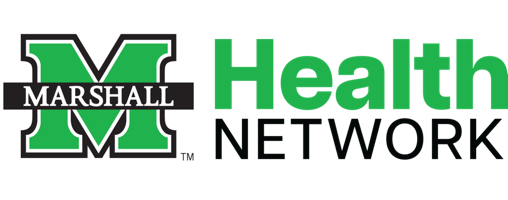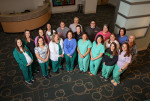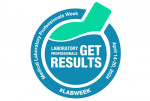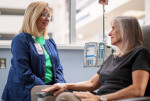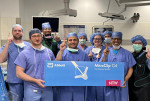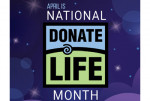Mountain Health hospitals deferring elective operative procedures in response to Coronavirus disease 2019 (COVID-19)
Friday, March 20, 2020
To continue to prioritize the safety of patients, employees and the community, Cabell Huntington Hospital (CHH) and St. Mary’s Medical Center (SMMC) are deferring all elective operative procedures after Friday, March 20, 2020, in response to Coronavirus disease 2019 (COVID-19).
The decision, which was unanimously recommended by the combined Medical Executive Committees of CHH and SMMC, was made based upon the guidance from national, state and local public health officials in order to preserve resources and reduce potential exposure of patients and staff to COVID-19.
Both CHH and SMMC will continue to provide emergency surgeries and surgeries for patients whose operative condition represents a threat to their lives or a threat of permanent dysfunction.
The areas where elective operative procedures will be suspended include, but are not limited to:
- Main operating room
- Ambulatory surgery center
- Endoscopy sites
- Cardiac catheterization/vascular labs
- Electrophysiology lab
- Interventional radiology
- Pain management procedural rooms
Minor office procedures are not specifically prohibited, but if the procedure and the office visit are truly elective, they should be rescheduled. Patients will be contacted regarding their specific elective procedures and surgeries. Patients with questions should contact their physician.
Each hospital’s medical staff has established a physician-led team for review of all operative cases to determine if they fall under the criteria for non-elective surgery. The review teams will include perioperative leadership, anesthesia, and chiefs of section or specialty surgeons as needed. These restrictions will be reviewed every two weeks with a goal of returning to normal operations as soon as conditions allow.
As always, the best way to prevent COVID-19 infection is to avoid becoming exposed to the virus:
- Avoid close contact with people who are sick
- Avoid touching your eyes, nose and mouth with unwashed hands, and wash your hands often with soap and water for at least 20 seconds. If soap and water are not available, an alcohol-based hand sanitizer should be used.
- Anyone who is sick should stay home.
- Cover your cough or sneeze with a tissue and then throw the tissue in the trash.
- Clean and disinfect frequently touched objects and surfaces.
Both CHH and SMMC have implemented procedures to identify and care for patients in the safest manner possible to protect patients, visitors, and employees. MHN is working together with local, state and national public health officials, the Marshall University Joan C. Edwards School of Medicine, and first responders to coordinate efforts and to assure an organized response to the community’s healthcare needs.
